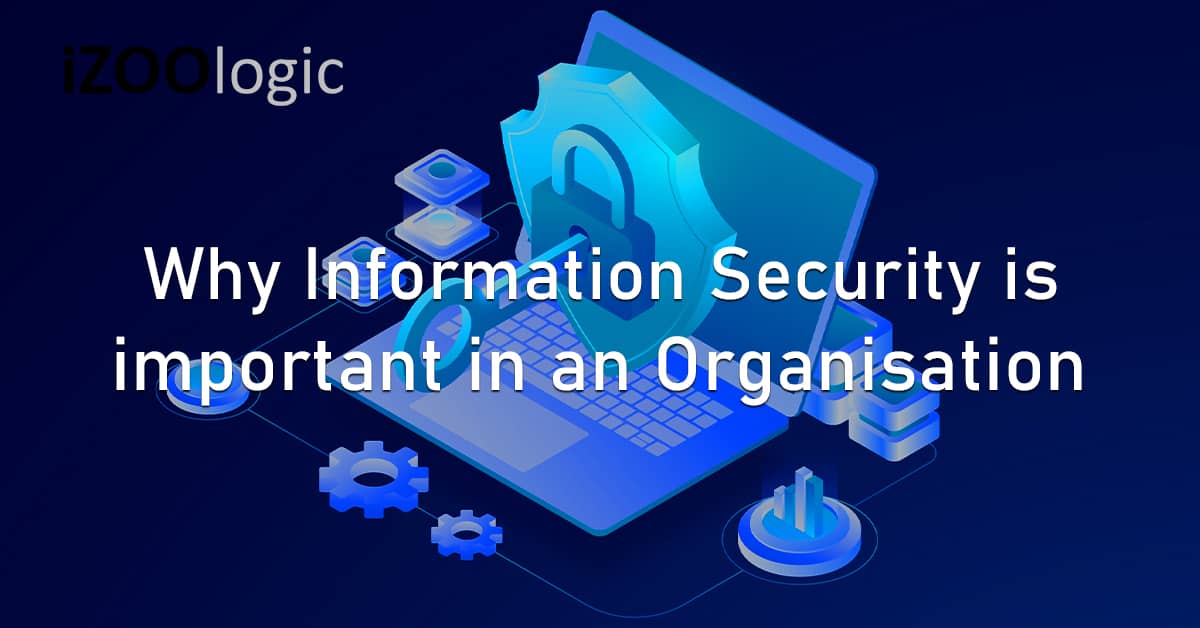In today’s interconnected and data-driven world, the significance of information security in an organisation cannot be overstated. A comprehensive understanding of why info security is important in an organisation is crucial for safeguarding sensitive data, maintaining customer trust, and ensuring business continuity.
Information security matters for a multitude of reasons. Primarily, it shields valuable intellectual property, proprietary business strategies, and confidential customer information from falling into the wrong hands, preventing financial losses and reputational damage. The interconnected nature of modern business operations makes organisations vulnerable to cyberattacks and data breaches. A robust info security framework mitigates these risks by implementing encryption, access controls, and regular security assessments.
The challenges of information security
In an increasingly interconnected and internet-driven environment, essential data and information are more exposed to various digital risks and cyber threats.
Cyber Threats such as malicious injected code, hacking and distributed denial-of-service attacks are more common, rapid and sophisticated. For this reason, it is harder for organisations to implement and maintain effective cyber security defences.
Organisations can protect their technology and assets by properly implementing info security methods and processes that detect and respond to cyber threats.
The management and IT are responsible for crafting and implementing the organisation’s cyber security strategy so that staff can follow the guidelines and procedures for info security.
It is essential to assist and promote the staff’s knowledge and awareness of possible information security by conducting training and various activities. Organisation can meet the information security requirements by enforcing and regularly reviewing their defined cyber security policies.
Managing Threats and Vulnerabilities includes implementing a security system enabling companies to evaluate and analyse the present information security threats. Establishing and implementing standard control measures in order to minimise cyber risks and auditing to measure the effectivity and performance of the controls.
General Data Protection Regulation (GDPR) compliance is also a crucial part of an organisation’s info security strategy.
Robust security measures are imperative to comply with regulatory standards and legal requirements, avoiding potential legal consequences.
